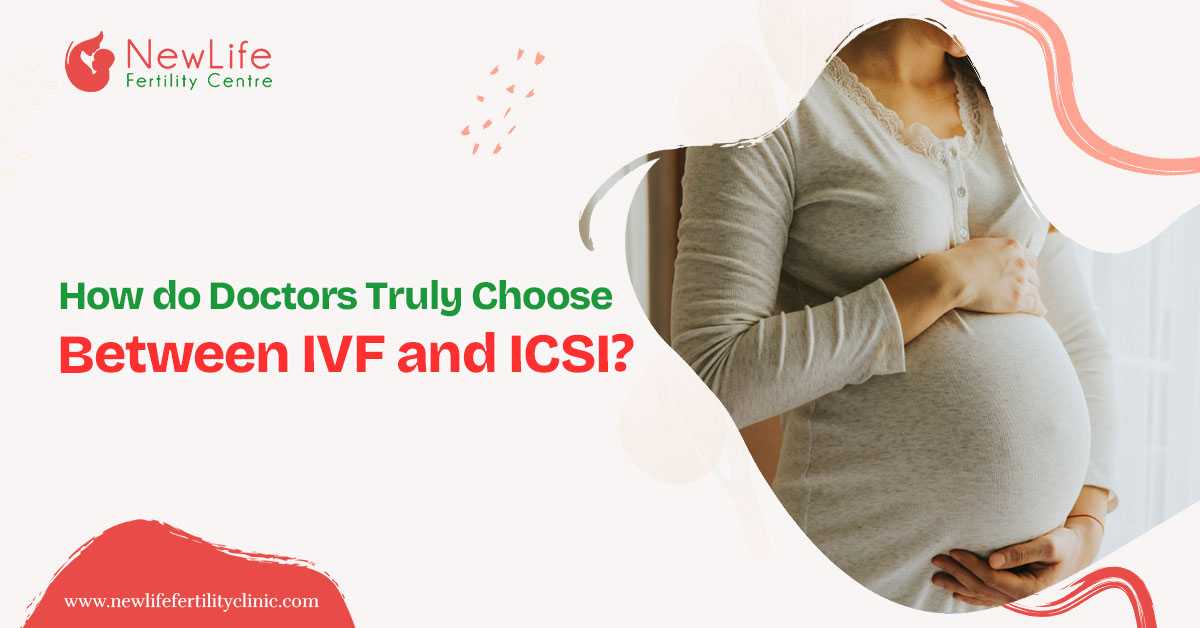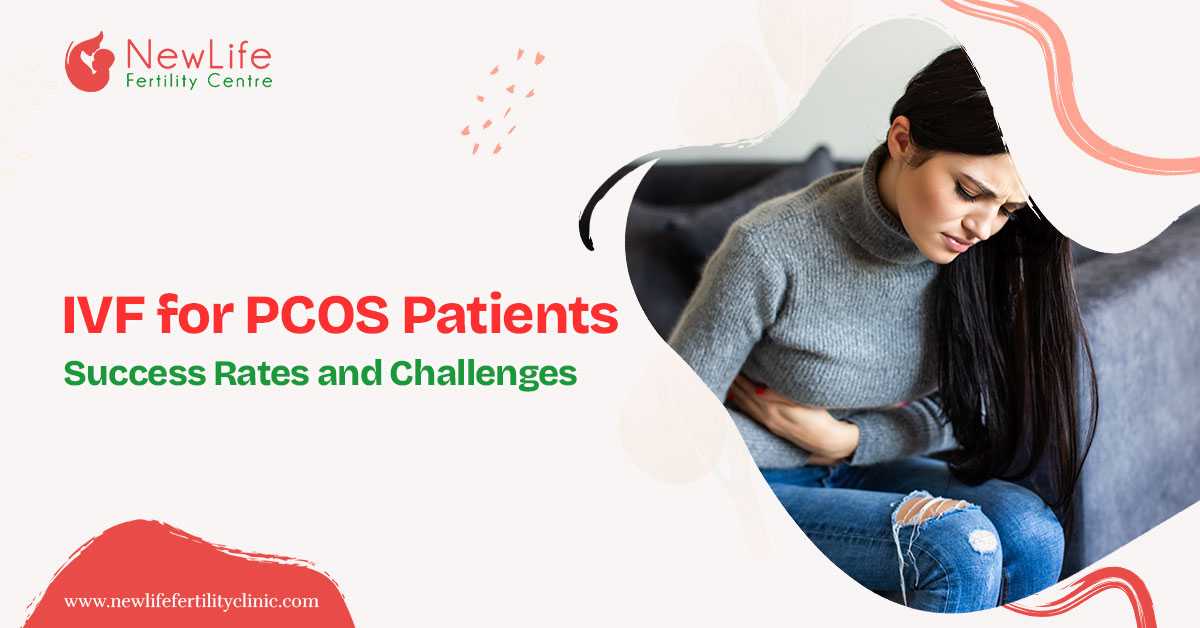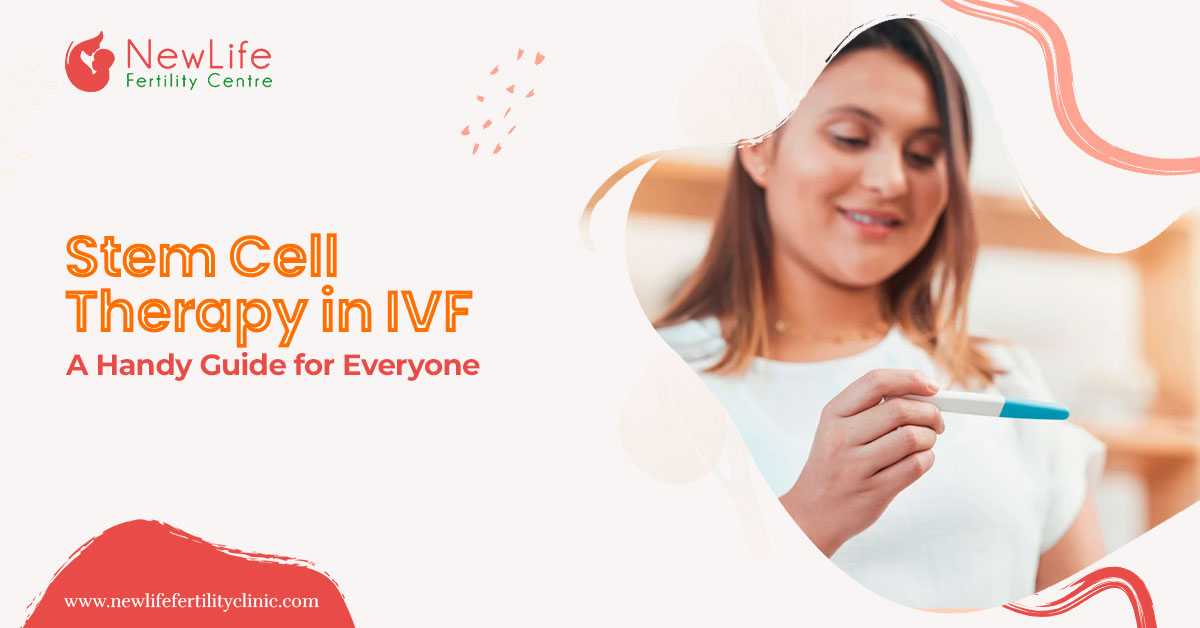Stem Cell Therapy has been around for some years now, helping couples achieve their dreams of parenthood. The advancements that it has shown provide amazing results. Among its many promising applications, stem cell therapy in IVF (In Vitro Fertilization) has gained significant attention for its potential to improve fertility outcomes and offer hope to couples struggling with infertility. If you are exploring fertility options, understanding how this innovative therapy integrates with IVF is crucial.
In this comprehensive guide, we will explore what stem cell therapy in IVF entails, its benefits, risks, and why choosing the right IVF centre in North Bengal can make all the difference in your fertility journey.
What is Stem Cell Therapy in IVF?
The unique factor of these stem cells can develop into a variety of specialized cells in the body. In the context of IVF, stem cell therapy involves using these cells to repair or regenerate reproductive tissues, enhance egg quality, or improve the uterine environment to increase the chances of successful embryo implantation.
Traditionally, IVF involves fertilizing eggs with sperm outside the body and transferring the resulting embryo into the uterus. However, some couples face challenges due to poor egg quality, low ovarian reserve, or uterine issues. Stem cell treatment offers a promising solution by potentially rejuvenating reproductive tissues, making IVF more effective.
How Does Stem Cell Therapy Work in IVF?
The process begins with stem cells being extracted from the patient’s body, either from the tissue containing adipose fat or from bone marrow. After successful extraction, these cells are thoroughly processed and then placed into the ovaries or the lining of the uterus. The idea is that stem cells will help regenerate damaged or aged cells, enhancing the reproductive system’s ability to support pregnancy.
Scientists believe that stem cells may:
- Improve egg quality by rejuvenating ovarian function.
- Enhance the thickness and receptivity of the uterine lining for embryo implantation.
- Potentially restore fertility in women with premature ovarian failure or other reproductive issues.
While the therapy is still under research and considered experimental in many countries, early results from clinical studies have been encouraging.
Who should consider Stem Cell Therapy as an option for IVF?
Not every individual undergoing IVF will need stem cell therapy. However, it can be particularly beneficial for:
- Women with poor ovarian reserve or diminished egg quality.
- Patients are experiencing repeated IVF failures.
- Women diagnosed with conditions such as Asherman’s syndrome or thin endometrium.
- Individuals with premature ovarian insufficiency or early menopause.
If you fall under any of these categories in North Bengal, consulting a specialized IVF centre that offers stem cell therapy could provide you with a personalized treatment plan tailored to your fertility needs.
Advantages of Stem Cell Therapy in IVF
- Enhanced Fertility Potential: By rejuvenating the ovaries and improving egg quality, stem cell therapy may increase the chances of conception through IVF.
- Improved Uterine Environment: A healthy and receptive uterus is essential for embryo implantation. Stem cells may promote better uterine lining thickness and blood flow.
- Reduced Need for Donor Eggs: For some women, stem cell therapy can help avoid using donor eggs, which can be emotionally and financially challenging.
- Minimally Invasive: The procedures to harvest and inject stem cells are generally minimally invasive and safe when performed by experienced fertility specialists.
What are the Risks and Limitations?
While promising, stem cell therapy in IVF is still in the early stages and has some limitations:
- Experimental Status: It is not yet a standard treatment worldwide, and more extensive clinical trials are needed to establish safety and efficacy.
- Cost: Stem cell procedures can be expensive, and many insurance plans may not cover them.
- Potential Complications: As with any medical procedure, there can be risks of infection or adverse reactions.
- Not a Guarantee: Success rates vary, and stem cell therapy is not a guaranteed solution for infertility.
Therefore, it is vital to undergo thorough evaluation and counseling at a reputed North Bengal IVF centre with expertise in cutting-edge fertility treatments.
Choosing the Right IVF Centre in North Bengal
If you are considering stem cell therapy in IVF, your choice of clinic can significantly influence your experience and outcome. North Bengal offers several fertility centres, but selecting one that combines advanced technology with personalized care is essential.
Here’s what to look for in an IVF centre in North Bengal:
- Expertise and Experience: Clinics with experienced fertility specialists trained in stem cell applications.
- State-of-the-Art Technology: Access to the latest equipment for stem cell harvesting, processing, and IVF procedures.
- Comprehensive Services: Offering a full range of fertility treatments, including diagnostic tests, counseling, and supportive therapies.
- Patient-Centered Care: Clinics that provide personalized treatment plans and emotional support throughout your journey.
- Transparent Pricing: Clear information on costs, including stem cell therapy and IVF packages.
Choosing the right centre ensures that you receive safe, effective treatment tailored to your specific fertility challenges.
The Future of Stem Cell Therapy in IVF
Among the many options of reproductive medicine, stem cell therapy has emerged to be a promising method in reproductive success. Researchers continue to explore new and advanced applications such as generating artificial gametes (eggs and sperm) and using stem cells to treat genetic infertility. Although still experimental, the future holds exciting possibilities that may revolutionize fertility treatments.
Meanwhile, if you are facing infertility challenges, staying informed about emerging therapies like stem cell treatment can empower you to make the best decisions. Collaborating with a trusted IVF centre in North Bengal that stays ahead of these advancements can open doors to new hope.





